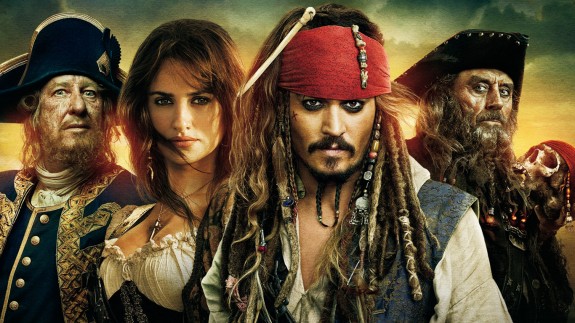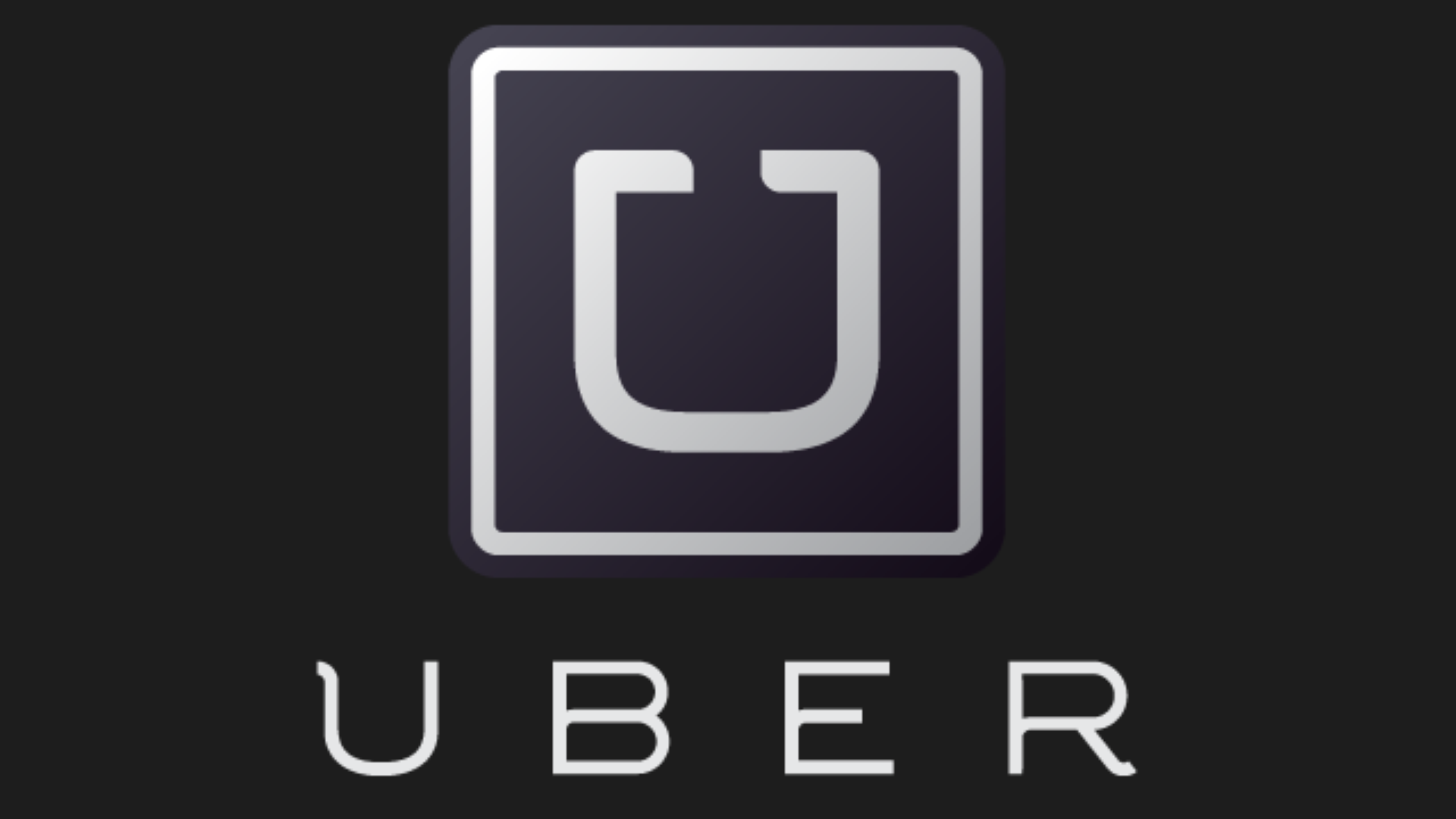Why Piracy Isn’t Theft, And Why You Should Question Copyright
 For many dozens of years, pirates roamed the open seas and pillaged and plundered any ships or villages they came across. They used extreme violence to rob honest groups of people of their hard earned wealth. Pirates were nasty scumbags who committed crimes for a living. In the modern age of technology, the meaning of “piracy” has taken a new form. Thanks to the freedom of the internet, anyone can download anything for free, no matter what the price of the content is. Obviously, this is illegal because it infringes on the copyright holder’s rights. Also, it is considered by many to be theft because people who obtain paid content for nothing are decreasing the amount of money that the creator(s) are making. Contrary to popular belief, piracy is not theft. Theft is taking something from someone against their will, thus removing their copy and giving the thief a copy. When it comes to digital piracy, the unauthorized use or reproduction of another’s work, nothing is taken away from the author except for potential profits. These potential profits that authors seem to feel exist are actually quite illogical. It’s very naive of them to assume that every single pirate would have bought their content if they couldn’t get it for free. Most of them wouldn’t buy it because they can’t afford it, they don’t think it’s worth the price, or they want to try it out before they buy it (and they find that it doesn’t suit their needs.)
For many dozens of years, pirates roamed the open seas and pillaged and plundered any ships or villages they came across. They used extreme violence to rob honest groups of people of their hard earned wealth. Pirates were nasty scumbags who committed crimes for a living. In the modern age of technology, the meaning of “piracy” has taken a new form. Thanks to the freedom of the internet, anyone can download anything for free, no matter what the price of the content is. Obviously, this is illegal because it infringes on the copyright holder’s rights. Also, it is considered by many to be theft because people who obtain paid content for nothing are decreasing the amount of money that the creator(s) are making. Contrary to popular belief, piracy is not theft. Theft is taking something from someone against their will, thus removing their copy and giving the thief a copy. When it comes to digital piracy, the unauthorized use or reproduction of another’s work, nothing is taken away from the author except for potential profits. These potential profits that authors seem to feel exist are actually quite illogical. It’s very naive of them to assume that every single pirate would have bought their content if they couldn’t get it for free. Most of them wouldn’t buy it because they can’t afford it, they don’t think it’s worth the price, or they want to try it out before they buy it (and they find that it doesn’t suit their needs.)
[youtube_sc url=”http://www.youtube.com/watch?v=IeTybKL1pM4″]
Piracy seems like a terrible thing at first, because it is only logical that if consumers don’t feed the software, music, and movie industries, then in the future barely anyone will bother to produce the content in the first place. However, if all digital content was free, then content could reach more people more easily. If people enjoy content, then they will want to give money to the creator to thank them and encourage them to make more.
As Notch, the creator of the wildly popular game Minecraft, pointed out in a blog post, if pirates really enjoy content, then they will probably talk about it with their friends. They might then convince their friends to purchase the game, and the content author will then enjoy more profits than they would have if their content wasn’t pirated. This demonstrates, on a tiny scale, that free content can spread more rapidly and be recognized by a greater number of people than paid content. With more people comes more demand for the content, and thus more income that the author will receive.
More often than not, it is easier to pirate content than to buy it. Pirates can just go to a website like thepiratebay.org and start downloading the movie that they’re dying to see, while the honest consumer has to, at best, first purchase a subscription to a service like Netflix, then hope that it’s available for streaming as they browse the Netflix website. Many movies are only available on DVD, you you would have to request it, wait for it, get it, and watch tons of trailers and warning screens before you could watch the movie. Content authors should stop and think about why people pirate their content before they go on a rampage and shout “Unfair! Unfair! You bloody thieves!” from the rooftops. In summary, pirates aren’t thieves, copyright should be respected for the time being, and copyright owners should rethink their business strategies.



Leave a Comment